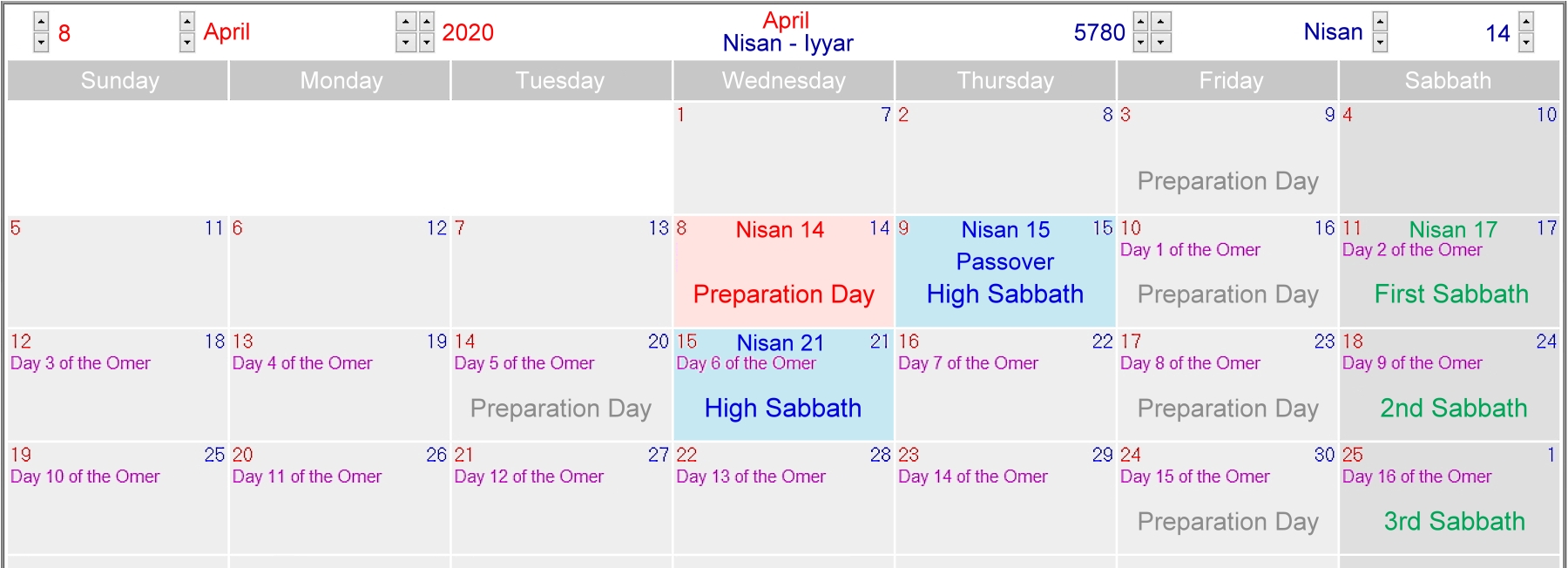Mk 16:2: "And very early in the morning the first day of the week, they [the women] came unto the sepulchre at the rising of the sun." - This is the text of the KIng James Bible (KJV), but the basic Greek text speaks of a Sabbath. There are several variants in the Greek text families, which even...

bible-menorah.jimdofree.com
Martin Luther also translated correctly and wrote in 1522 and 1545 (last edition):
"And when the
Sabbath was past, Mary Magdalene and Mary of James and Salome bought spices, that they might come and anoint him. 2 And they came to the tomb on
a Sabbath very early, when the sun was rising.
Original German: „Und da der
Sabbat vergangen war, kauften Maria Magdalena und Maria des Jakobus und Salome Spezerei, auf dass sie kämen und salbeten ihn. 2 Und sie kamen zum Grabe an
einem Sabbater sehr frühe, da die Sonne aufging.“
Especially the old German Bibles were very accurate. Most of them were Catholic. Every child can understand this and does not equate
Saturday with Sunday. Only the theologians do not know the difference between the days. It is not about the 7 Sundays to Pentecost, but about the
7 Saturdays to Pentecost. Therefore Mentelin writes that the women came to the tomb "on one of the Saturdays". It should not be forgotten that Mentelin translated from the Latin Vulgate, as the basic Greek text was not available to him. He grew up with the Latin language and knew that "sabbati" and "sabbatorum" can only mean
Saturday and
Sabbath, and never the day after, Sunday.

